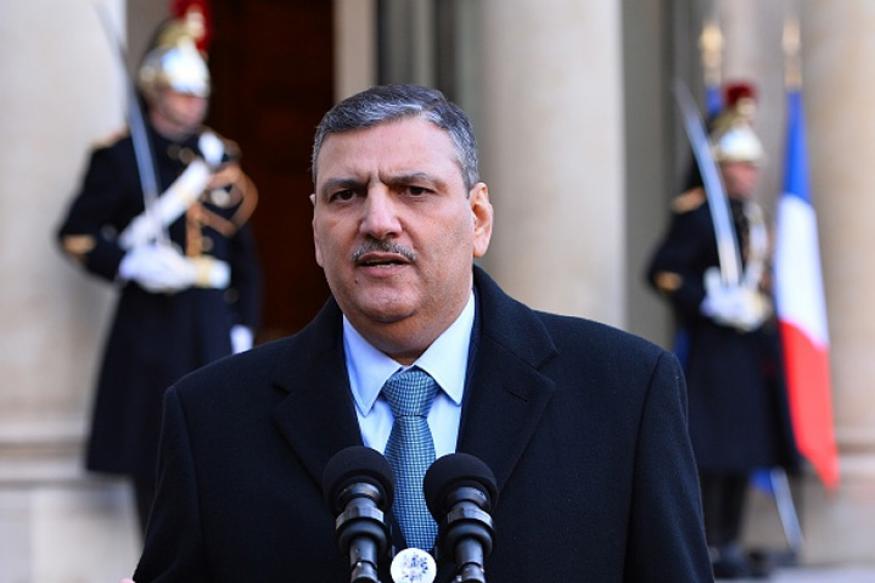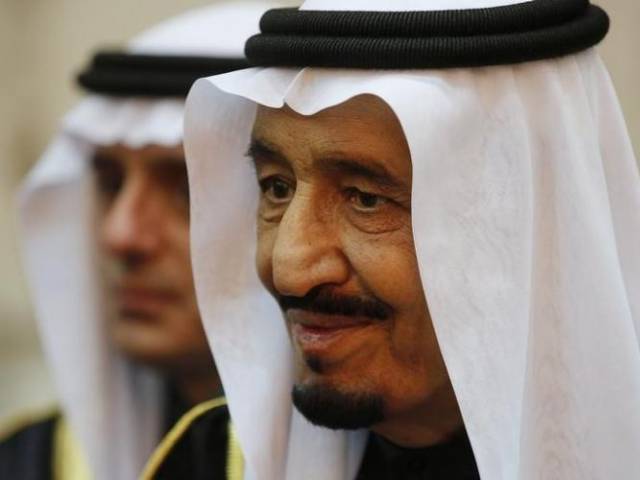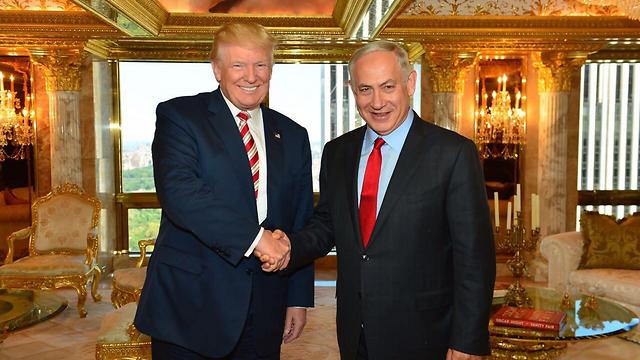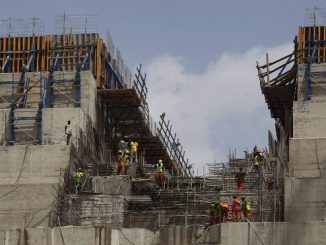
Syria’s main opposition bloc has put forward a plan for a political transition and a ceasefire to end more than five years of crisis in the war-torn country.
The High Negotiations Committee (HNC), which is backed by Saudi Arabia and Western powers and has been involved in stalled U.N.-mediated peace talks, was presenting its road map to a new political settlement for Syria in London.
The (HNC) said that the proposed process would start with six months of negotiations aimed at setting up a transitional administration made up of figures from the opposition, the government and civil society.
President Bashar al-Assad would be required to leave office at the end of those six months, the bloc, which represents Syria’s political and armed opposition factions, said at a meeting in London.
The transitional body would then run the country for 18 months, after which there would be elections.
Chief opposition negotiator Riyad Hijab, who defected from the government in 2012 after being appointed prime minister, said the HNC would reject any agreement struck by Russia and the US if it largely differed from the HNC’s terms.
“If what the Russians and the Americans agree upon is very much different from what the Syrians aspire to, then we shall not accept it,” Hijab said.
“It’s not a question of keeping Assad in for six months or one month or one day, in this transitional period. The Russians and Americans know that. They know the position of the Syrian people, they have sacrificed a lot and they will not give up this demand.”
Political transition process
In response to a question as to how the HNC will “restart the diplomatic process”, Hijab said: “We have gone through rounds of talks and a political process in 2014 and unfortunately we failed.
“The political process failed because there was a refusal to talk about the political transition by [UN Special Envoy to Syria] Staffan de Mistura. He knows that over the past few months the regime has refused to talk about a political transition and practically we do not have any negotiating rounds happening in Geneva because the regime was very rigid and absent.”
“We feel we have to move to a new phase and the new phase cannot happen without a political transition and the political seriousness that will compel the regime and its allies.”
US-Russian talks and Syria future
Moscow and Washington are backing opposite sides in the 5-1/2-year-old Syrian conflict, with the Russians fighting on Assad’s side while the Americans back opposition groups and insist Assad must go.
The two powers have been negotiating in recent days, with Presidents Barack Obama and Vladimir Putin meeting for 90 minutes on Monday on the sidelines of a G20 meeting in China, but failed to reach an agreement.
Hijab said the greatest challenge in achieving political transition came from the international community, pointing the finger at Iran’s Revolutionary Guards, other regional militias, and above all, Russia for protecting Assad.
“What Mr Lavrov has put on the table about Assad will not solve the problem,” Hijab said, accusing Moscow of using proscribed weapons to shore up Assad’s regime.
“If what the Russians and the Americans agree upon is very much different from what the Syrians aspire to, then we shall not accept it,” Hijab said.
Earlier on Wednesday, Adel al-Jubair, the foreign minister of Saudi Arabia, which backs the HNC, said that he believed a deal between the US and Russia could be close.
“There is a possibility of arriving to an understanding over the next 24 hours or so,” he said.
“Then we will test the seriousness of Assad and his allies in terms of complying to a ceasefire like this.”
Britain’s Foreign Secretary Boris Johnson said the group’s proposals offered the first credible picture of a peaceful Syria without Assad.
“There is still a chance that this vision can be made to work,” Johnson wrote in a column in Wednesday’s Times newspaper.
“If the Russians and Americans can together create a ceasefire, then the talks can restart in Geneva with the difference, perhaps, that all sides will by then have seen at least the scaffolding of a post-Assad Syria.”



